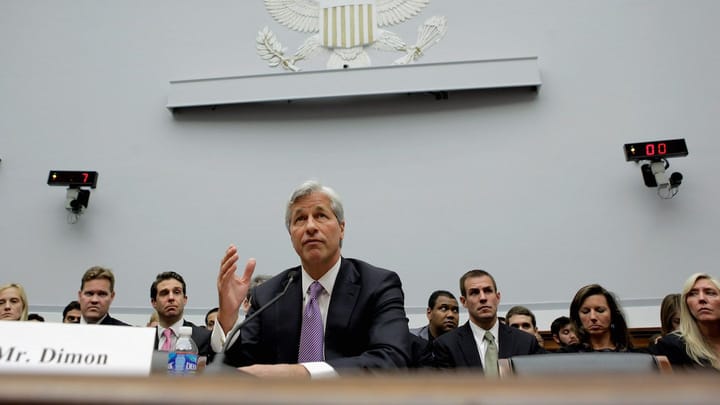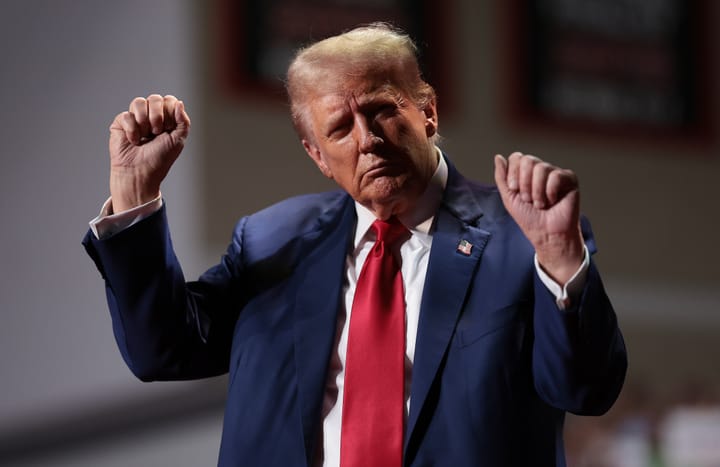More than fifteen years after Wall Street bonuses helped precipitate a global financial meltdown, the U.S. Chamber of Commerce is still working to protect bank executives’ massive compensation packages from reform. This week, the Chamber submitted comments to the Securities and Exchange Commission as part of a public roundtable on executive pay and disclosures, urging the agency to abandon a rule that would force large banks to reform their risky compensation practices. The proposed regulation is designed to rein in the short-term bonus structures that helped drive the 2008 crash by requiring financial firms with $1 billion or more in assets to delay large executive payouts, claw back bonuses tied to misconduct, and tie executive pay to their companies’ long-term financial health.
The rule, stemming from Section 956 of the Dodd-Frank Act, was first proposed in 2011 and reissued in 2016, but has never been finalized. Last year, the Biden administration re-proposed the rule, spurred on by the 2023 failures of Silicon Valley Bank, Signature Bank, and First Republic Bank, which exposed major risk management problems in the banking sector. The Chamber has argued that the proposal would impact the competitiveness of U.S. banks, arguing in a 2024 letter that banks need more flexibility to offer compensation packages that can attract top talent. The Chamber, while affiliated with many smaller companies, is disproportionately influenced by large firms, including megabanks with enormous CEO pay packages like Citigroup, Wells Fargo, and Bank of America. Similar arguments have been made by the American Bankers Association and other finance industry trade groups.


